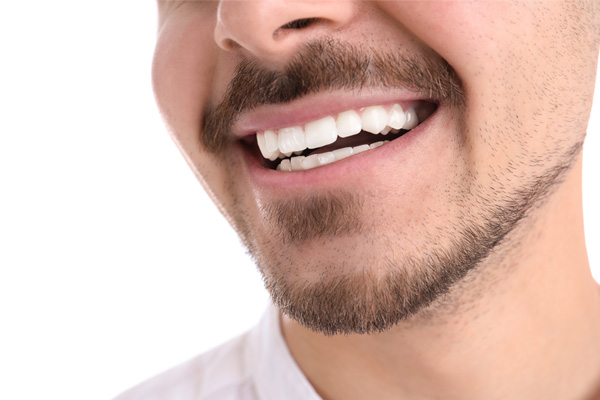Recovering From a Tooth Extraction in Troy

Although adult teeth are meant to last for a lifetime, tooth extraction is often necessary as people age. This may be for a number of reasons, including but not limited to tooth decay, trauma, a crowded mouth or a badly damaged tooth. If you recently had a tooth extracted, it is important to know what to expect in the aftermath and what you can do to speed up recovery.
Caring for the mouth after tooth extraction
When a dentist removes a tooth from a patient's mouth, it is the professional's responsibility to inform the patient of what needs to be done to help the mouth heal and ensure comfort throughout recovery. Typically, recovery from dental surgery of any kind takes seven to 10 days, as the mouth heals fairly quickly. However, if a person does not follow doctor's orders, recovery can take exponentially longer and be exponentially more painful than it needs to be.
To speed up healing time, the patient needs to keep the blood clot in place in the tooth socket, which can be done in a number of ways:
- Leave the gauze in place for at least three to four hours post-surgery
- Use an icepack immediately after surgery for 10 minutes at a time but not longer, as too much cold can cause tissue damage
- Rest for the 24 hours following surgery and limit activity in the days following
- Avoid using a straw, spitting or rinsing for 24 hours
- Once 24 hours has lapsed, rinse with salt water
- Do not smoke
- When sleeping, prop up the head using a pillow, as lying flat can delay healing
- To prevent infection, continue to brush and floss, but avoid the site of extraction
Tooth extraction patients should also take painkillers as recommended. If the pain does not subside within two to three days, patients are encouraged to contact their dentists. This is especially the case if the pain grows worse.
Eating post extraction
A large part of the healing process entails avoiding certain foods that may aggravate the extraction site. This eliminates most solids from the diet for at least in the week following the procedure. Dentists recommend patients eat soft foods such as yogurt, pudding, soup, applesauce and mushed-up veggies. Patients can also eat smoothies and milkshakes, though they should do so with a spoon, as straws can dislodge the clot. Only once the extraction site begins to heal can patients begin to incorporate solid foods back into their daily diets.
Outlook
If a patient follows the dentist's orders to a T, there is no reason the mouth should take longer than two weeks to heal. Once healed, the patient should be able to return to life as normal, including eating a healthy, wholesome diet of solid foods.
It is important to note that the teeth may shift after one is extracted, thereby affecting the bite. For this reason, patients are encouraged to discuss tooth replacement with the same dental professional who extracted the tooth. Tooth replacement options include dentures, a fixed bridge or implant.
Conclusion
Though individuals are likely to feel some degree of pain post-tooth extraction, there are steps dentists recommend to mitigate pain and speed up recovery. By following these orders, patients can avoid unnecessary complications.
Request an appointment here: https://www.thanasasdds.com or call Thanasas Family Dental Care at (248) 260-2878 for an appointment in our Troy office.
Check out what others are saying about our services on Yelp: Read our Yelp reviews.
Recent Posts
The process of getting dental implants is a series of smaller procedures that takes place over several appointments or several months. Some steps of preparation involve taking care of the physical body to respond appropriately to these procedures, and other steps are taken by the oral health professionals responsible for the treatment. The steps are…
If you have one or more missing teeth or dentures that move around on you, you might want to consider dental implants. Essentially, implants are man-made devices that act as anchors for various forms of artificial teeth. They can be a great way to restore both your smile and your confidence. Here are some important…
According to the American Dental Association, dental implants are stable because the jawbone grows around them. This process is known as osseointegration, and it is essential for the success of an implant. Several elements can affect this process, and patients undergoing the dental implant procedure should understand what affects an implant fusing to the bone.…
If you are self-conscious about your smile, it could be time to visit a cosmetic dentist. Cosmetic dentists are dental health professionals whose primary focus is improving the appearance of your overall smile. Cosmetic dentistry may include implants, whitening treatments, fillings, and veneers.Before seeing a new oral health care professional, you may want to have…


